Health and Medicine
Explore Health and Medicine
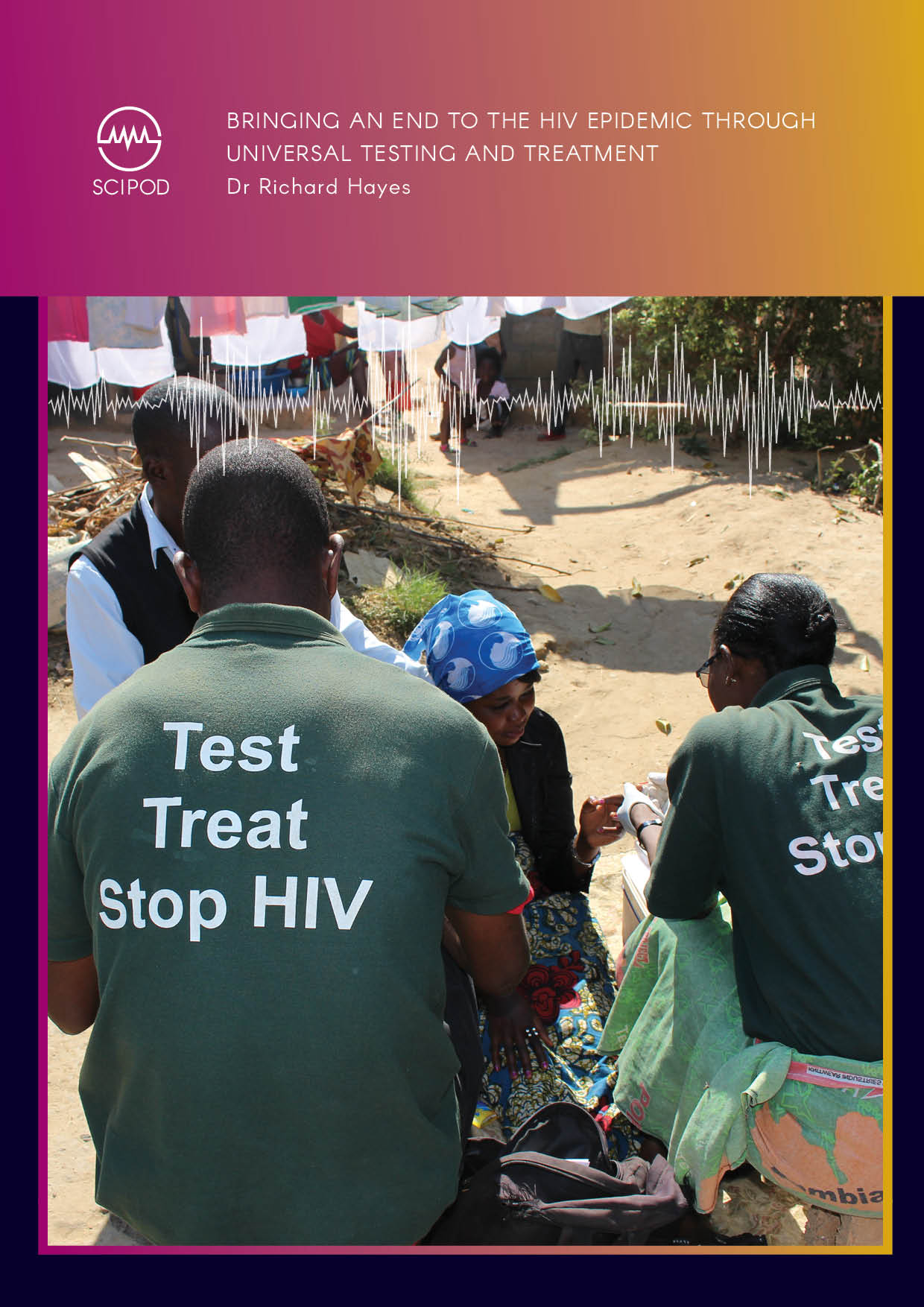
Dr Richard Hayes | Bringing an End to the HIV Epidemic Through Universal Testing and Treatment
Worldwide, an estimated 38 million people are living with HIV. Many are still unaware of their status and so are not linked to care and treatment which can prevent them from passing HIV onto their partners and infants and keep them healthy. Dr Richard Hayes from the London School of Hygiene and Tropical Medicine in the UK has led the HIV Prevention Trials Network’s 071 (PopART) trial over the past ten years. This dedicated international collaboration of experts has successfully demonstrated how universal testing and treatment can reduce new HIV infections in Zambia, South Africa and beyond.
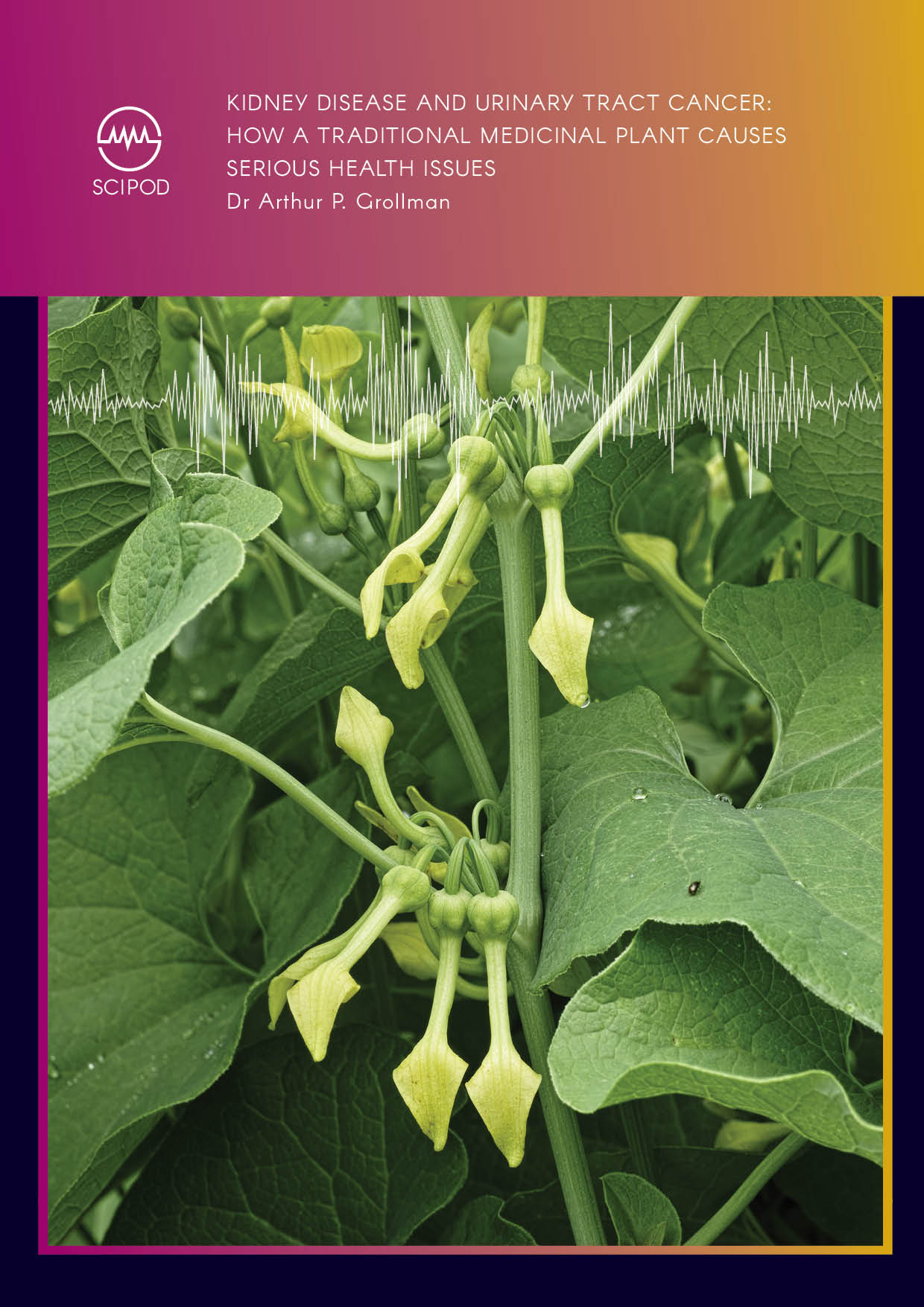
Professor Arthur Grollman | Kidney Disease and Urinary Tract Cancer: How a Traditional Medicinal Plant Causes Serious Health Issues
This is a recounting of a scientific investigation into a mysterious but potentially deadly disease that first came to light principally in the Balkan states, and then several Asian countries. It manifests itself first as a nephropathy resulting in the destruction of kidney tissue often followed by a cancer of the upper urothelial tract. Professors Arthur Grollman and Francis Johnson at Stony Brook University have achieved a revolutionary understanding of the molecular biology, epidemiology and root cause of both diseases. Their findings have critical implications for medical and scientific communities, as well as the general public.
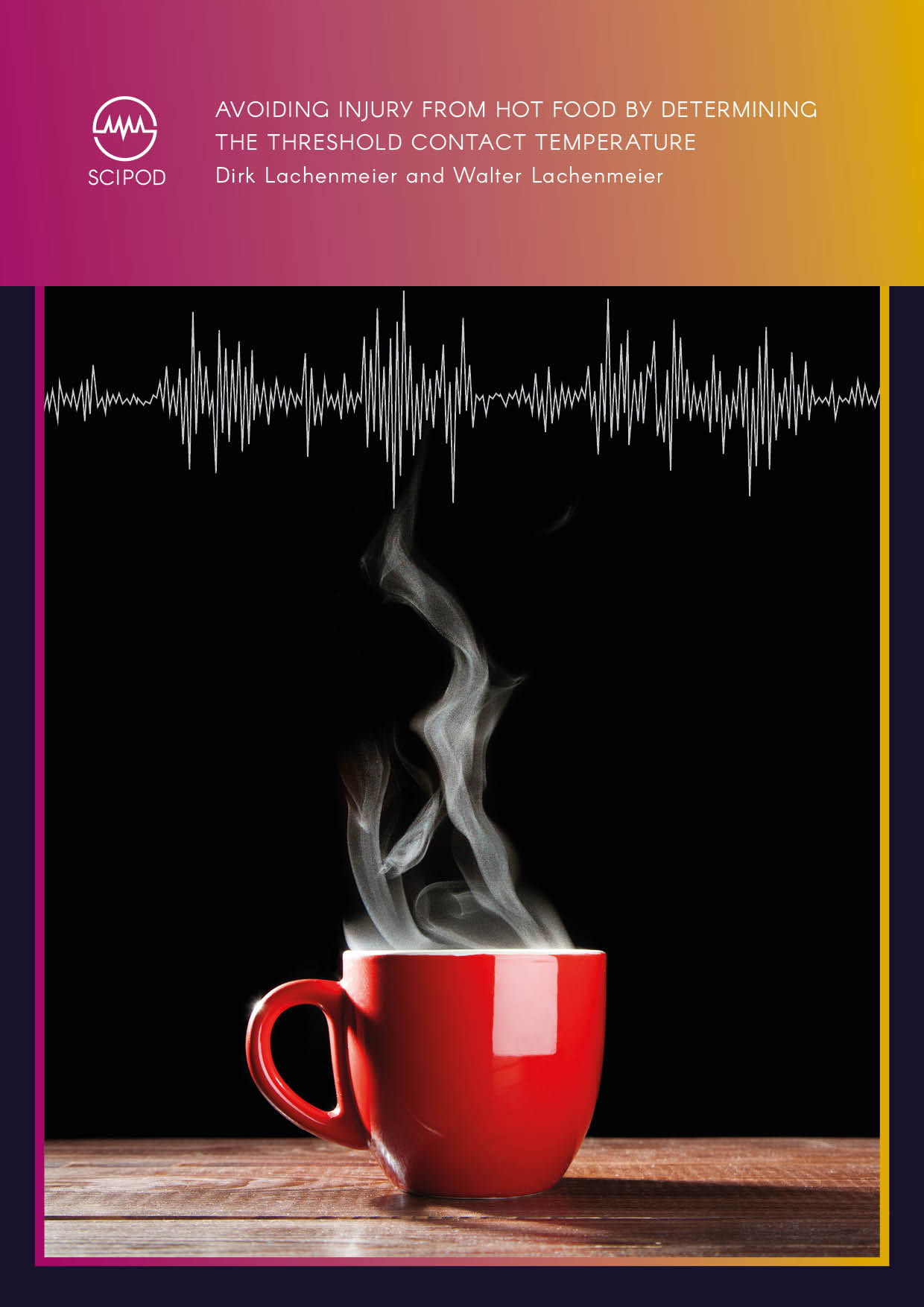
Dr Dirk Lachenmeier | Avoiding Injury from Hot Food by Determining the Threshold Contact Temperature
Consuming very hot food and beverages poses a risk of oesophageal cancer. Although injury thresholds have been specified in industry standards and guidelines, there remain practical limitations in obtaining an exact measurement of the contact temperature from hot foodstuff in the oral mucosa inside the mouth. Dr Dirk Lachenmeier, a chemist and toxicologist at the Chemical and Veterinary Investigation Agency Karlsruhe, worked in collaboration with his father Dr Walter Lachenmeier, a retired engineer, to develop a new method to estimate the safe surface or consumption temperature of hot food. This has allowed them to make important recommendations.
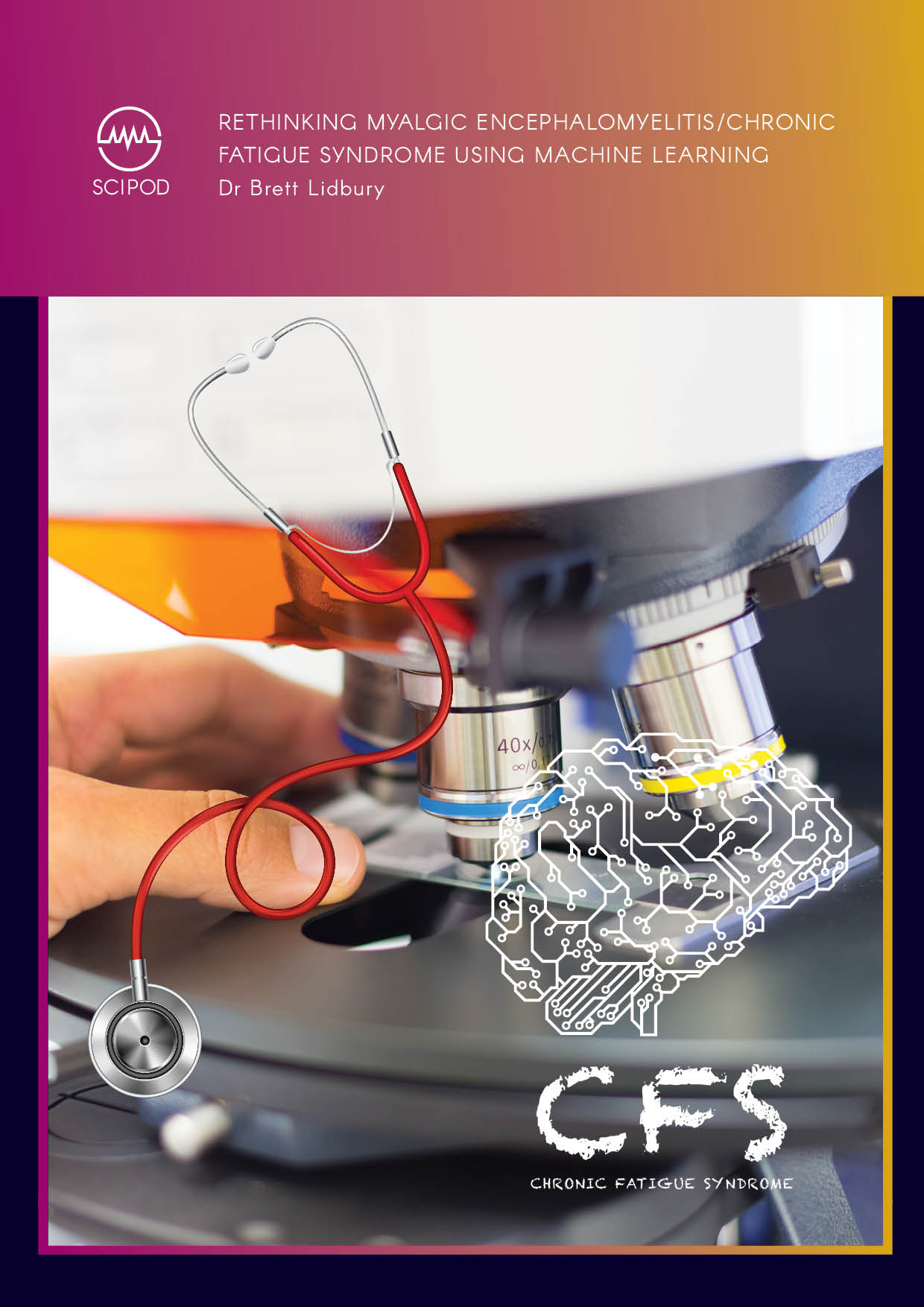
Dr Brett Lidbury | Rethinking Myalgic Encephalomyelitis/Chronic Fatigue Syndrome Using Machine Learning
Dr Brett Lidbury from the Australian National University worked with colleagues to utilise machine learning techniques in a new strategy to identify biomarkers that could be used to help diagnose myalgic encephalomyelitis/chronic fatigue syndrome in patients. Their work represents a significant step forward in understanding, diagnosing and treating this challenging condition, particularly in relation to pathology, the results of which form a routine but important part of general health assessment.
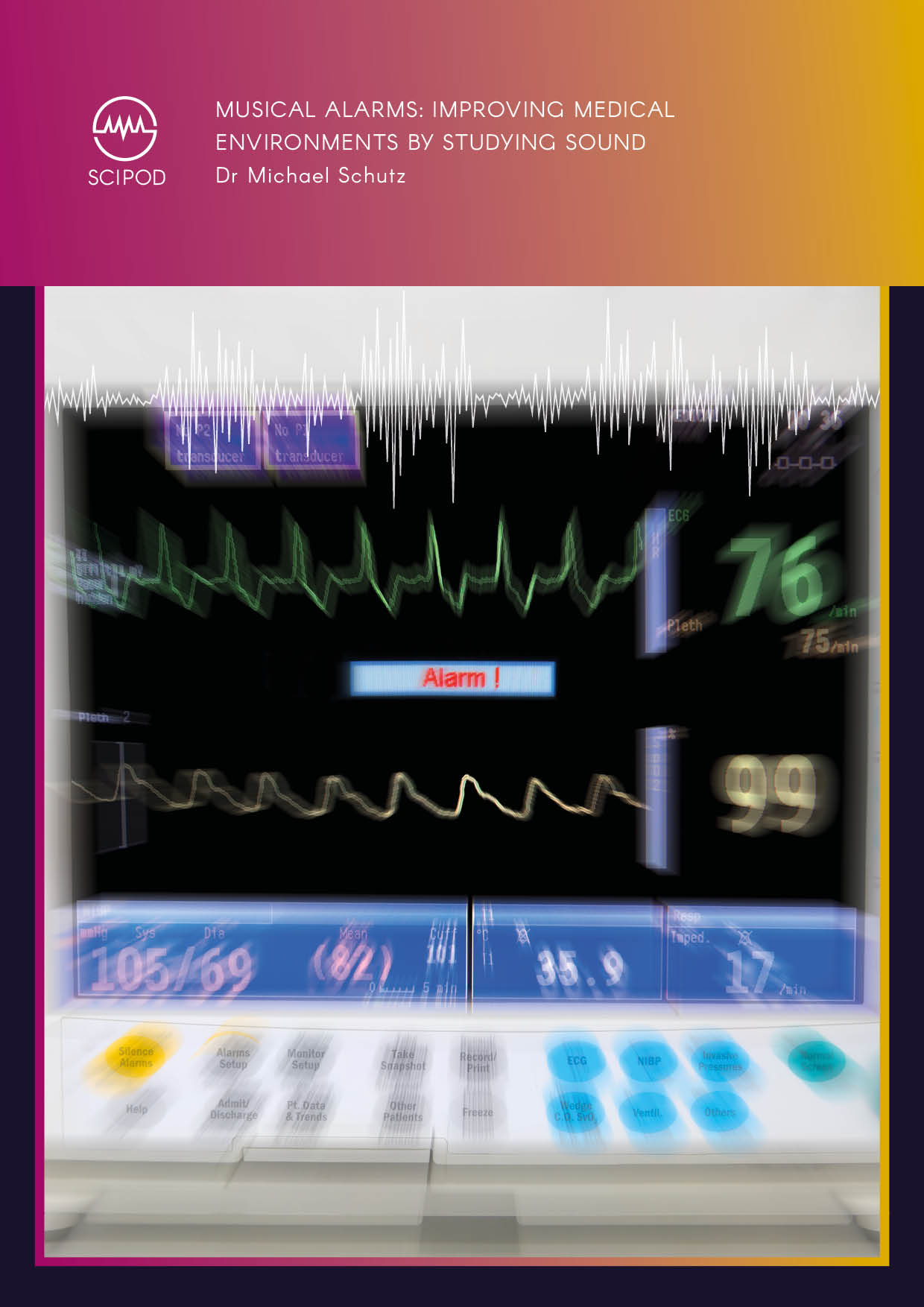
Dr Michael Schutz | Musical Alarms: Improving Medical Environments by Studying Sound
Medical devices in hospitals use auditory interfaces to keep doctors and nurses updated while keeping their eyes focused on patients. These auditory alarms are crucial for complex procedures, such as placing a breathing tube. Unfortunately, the specific sounds used in current systems are highly problematic. The lack of sophistication in these tones render them annoying and distracting, harming communication amongst medical staff and posing risks for patient care. An FDA survey has revealed hundreds of deaths annually resulting from poorly designed alarms! Although there are many ways to improve their use, one solution has received little attention thus far – improving the quality of the sounds themselves.
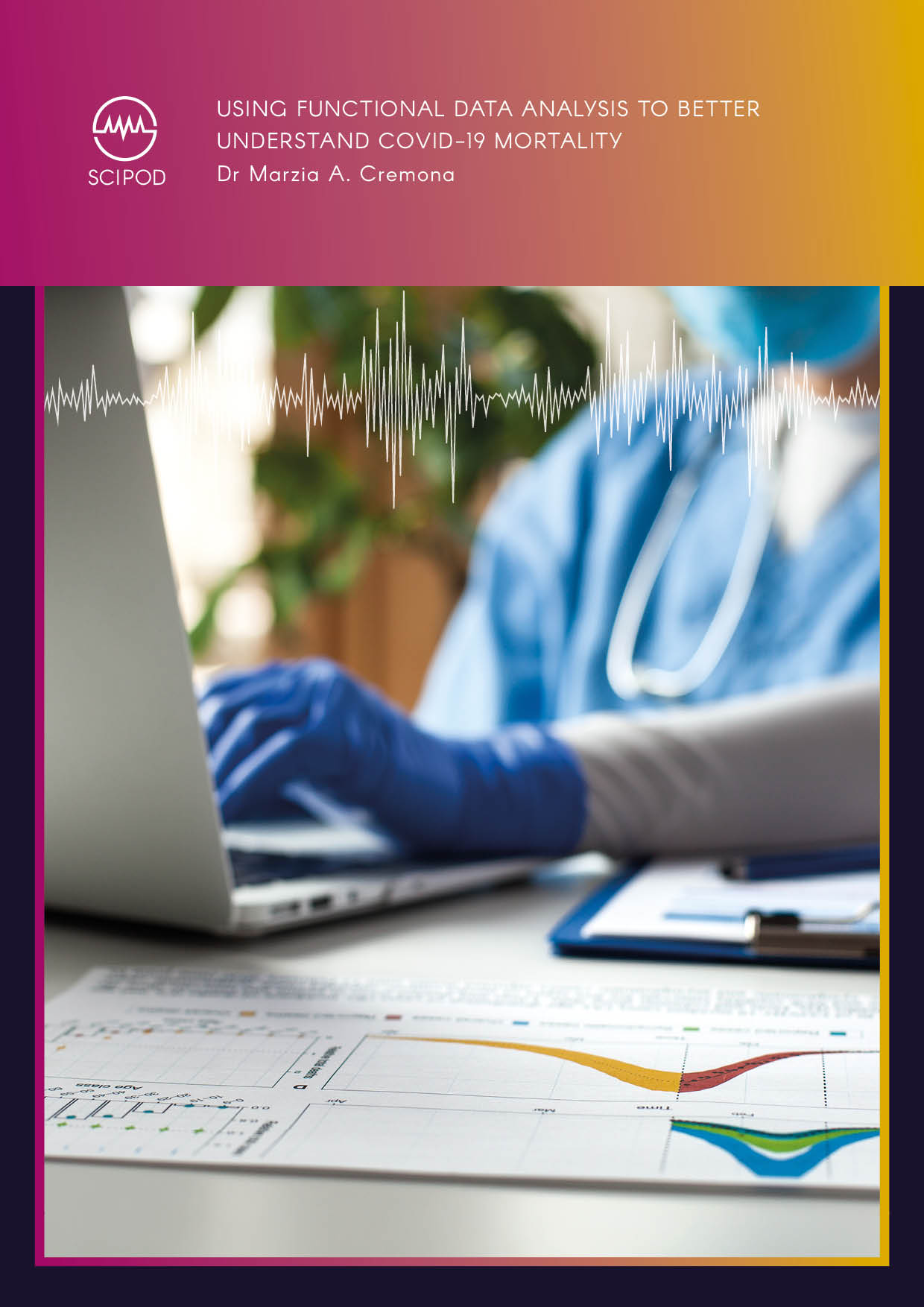
Dr. Marzia Cremona – Using Functional Data Analysis to Better Understand COVID-19 Mortality
Italy was the first European country to experience a major outbreak of COVID-19. Across the country, intriguingly different patterns of mortality were seen across regions. Dr. Marzia Cremona from Université Laval, in collaboration with a global team of researchers from the Pennsylvania State University and the Sant’Anna School of Advanced Studies, used novel statistical tools from the field of functional data analysis (FDA) to identify several important factors contributing to these differences. This work has critical implications for policymaking and also demonstrates the useful application of FDA techniques to epidemiological research.
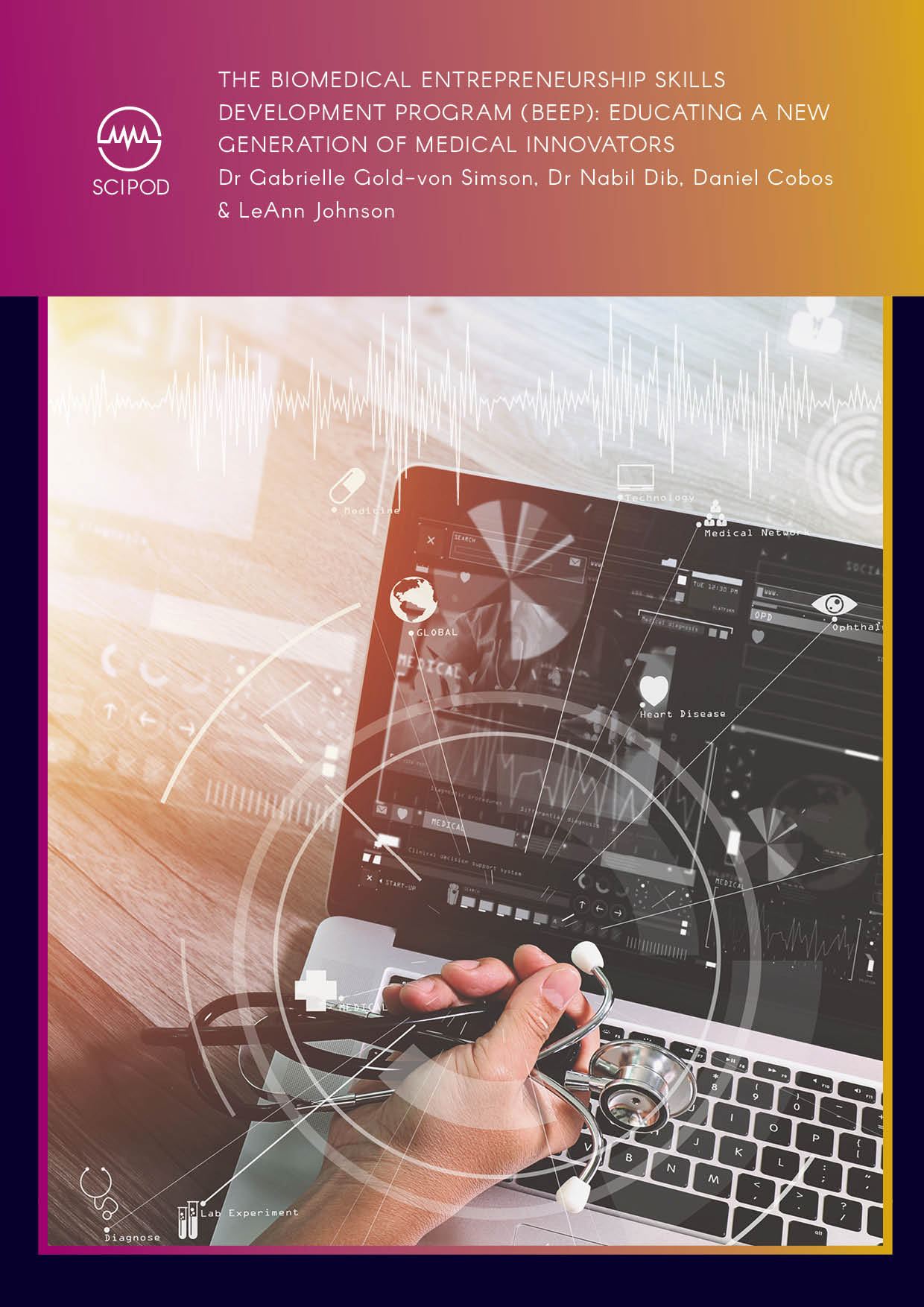
Dr Gabrielle Gold-von Simson | The Biomedical Entrepreneurship Skills Development Program (BEEP): Educating a New Generation of Medical Innovators
Innovative, new technologies are rapidly being introduced into the medical world, as scientists and inventors continually discover solutions to all kinds of health issues. However, comprehensive education in medical product development, business process and strategy is distinctly lacking for science students who aspire to become commercial medical innovators and entrepreneurs. Entrepreneurially minded professionals at the New York University Grossman School of Medicine developed, implemented, and integrated programs to train early scientists in the business side of science to accelerate the pace of commercialisation and encourage individuals to pursue venture creation and entrepreneurship to impact highly relevant healthcare solutions.
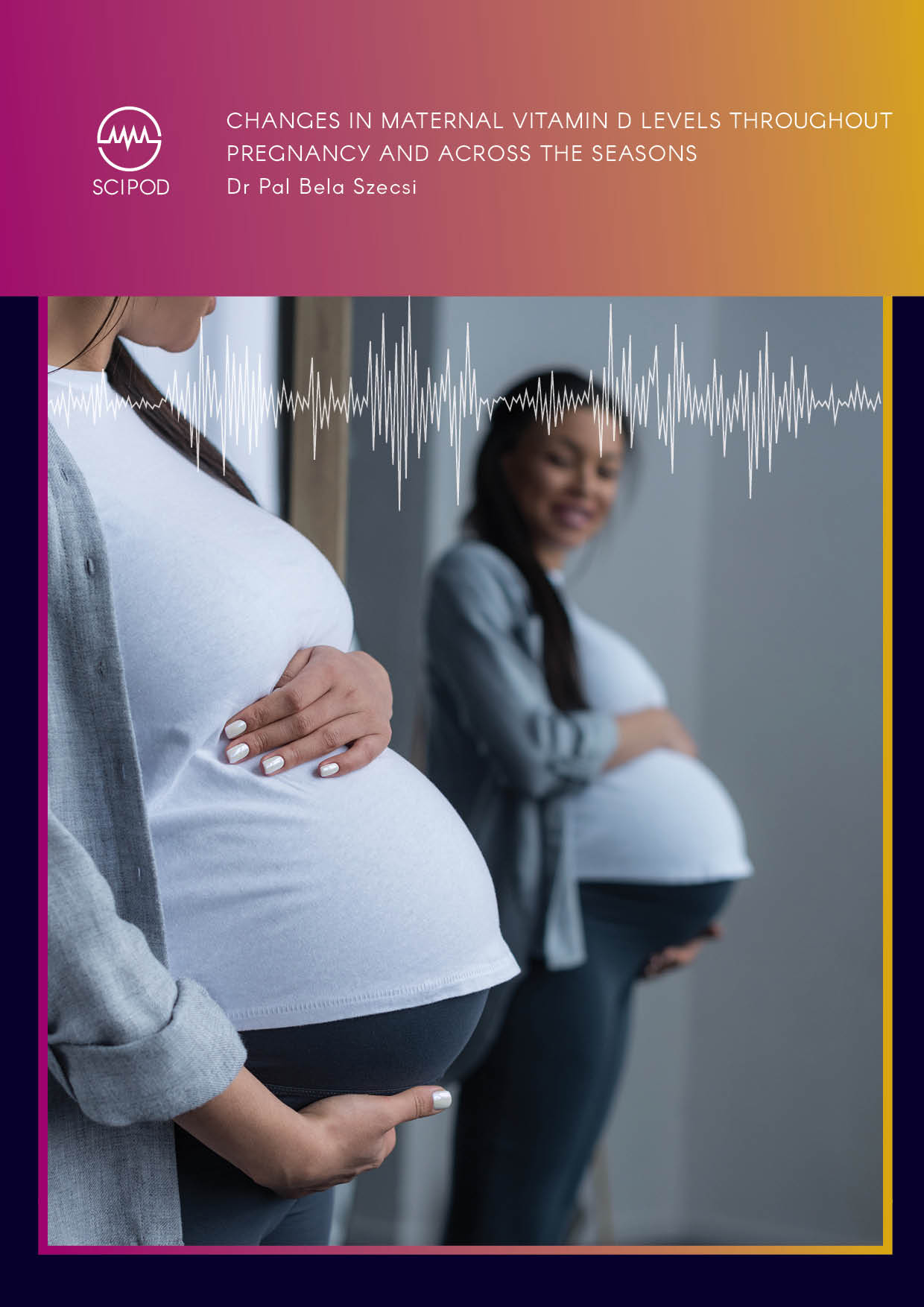
Dr Pal Bela Szecsi | Changes in Maternal Vitamin D Levels Throughout Pregnancy and Across the Seasons
Maternal nutrition plays a major role in reducing pregnancy complications and improving infant and child health. Vitamin D is important during pregnancy as it helps the baby’s heart, bones, teeth and nervous system develop properly. Low levels of vitamin D in pregnancy have been linked to a number of problems and conditions. Dr Pal Bela Szecsi and his team at Copenhagen University Hospital in Denmark have been investigating vitamin D concentrations throughout normal pregnancy and in relation to possible complications.
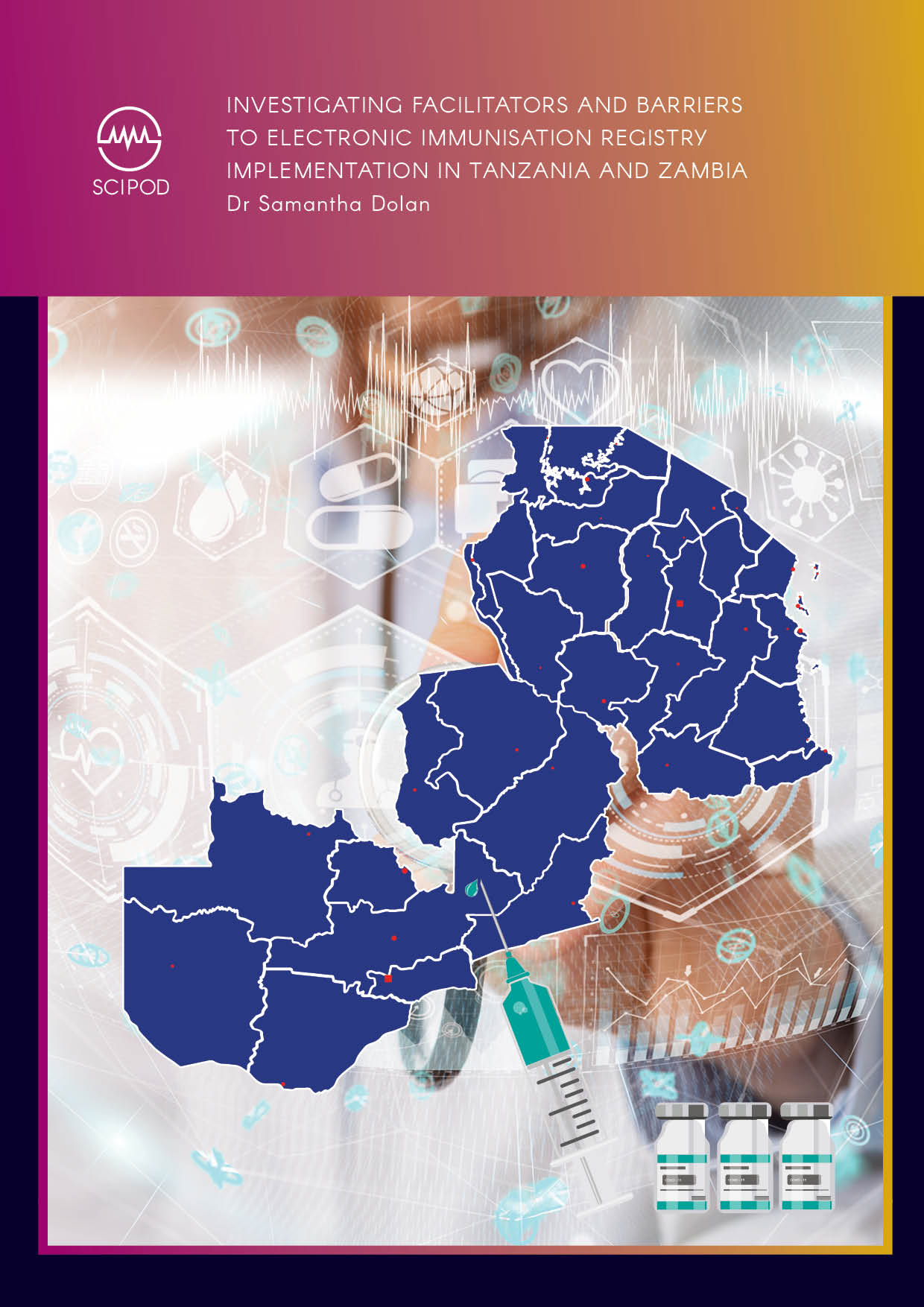
Dr Samantha Dolan – Investigating Facilitators and Barriers to Electronic Immunisation Registry Implementation in Tanzania and Zambia
Digital health interventions have the potential to revolutionalise the management of health information. Despite reduced costs and increased accessibility of technology across the world, the implementation of digital health technologies in low- and middle-income countries has been less than optimal. Dr Samantha Dolan at PATH and the University of Washington and her colleagues investigated the perceived facilitators and barriers to electronic immunisation registry implementation in Tanzania and Zambia, and provide important recommendations for future practice.
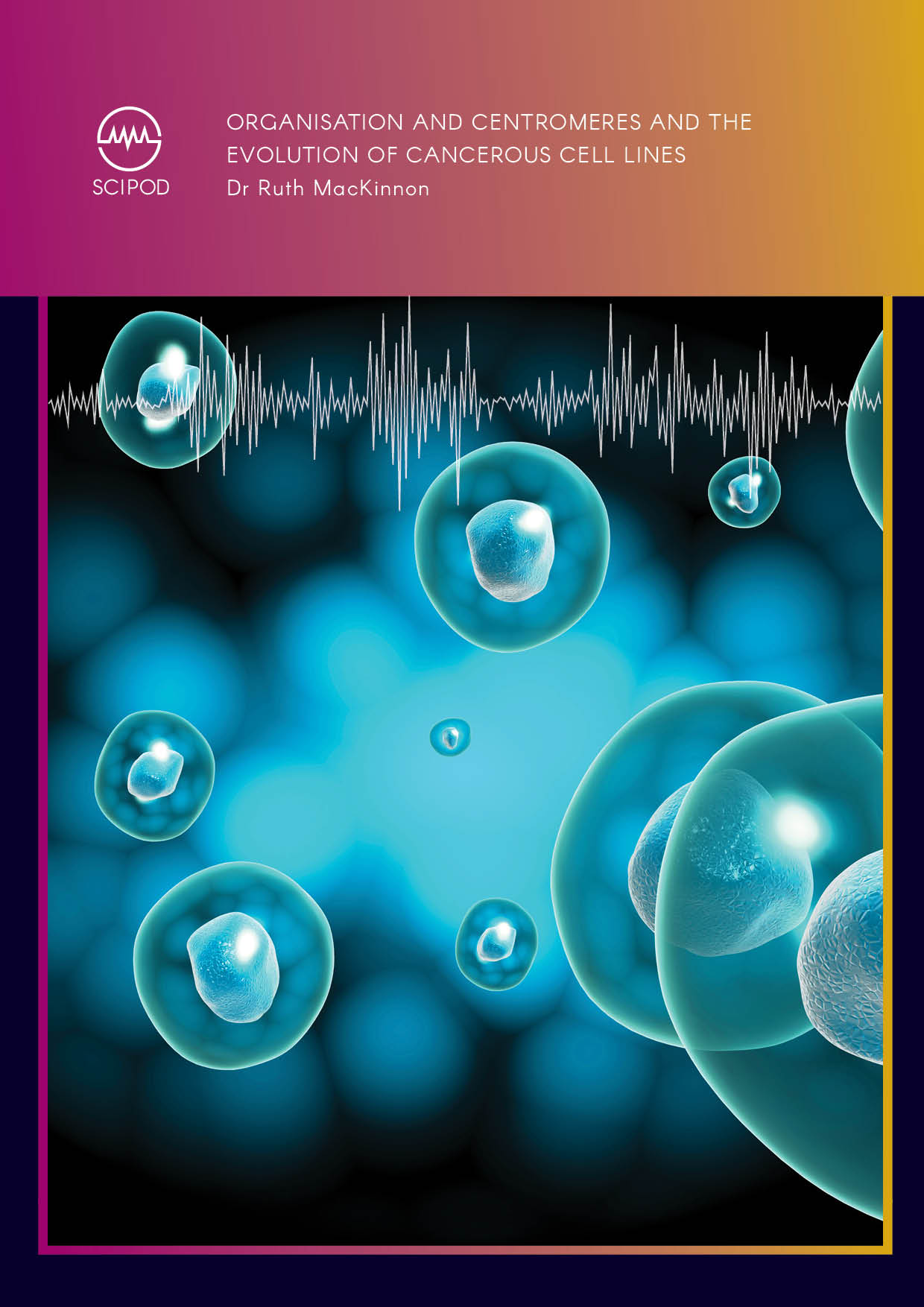
Dr Ruth MacKinnon – Genome Organisation and Centromeres and the Evolution of Cancerous Cell Lines
There are over 3,600 established cell lines from 150 different species that can be used for scientific and medical research. In two recent studies, Dr Ruth MacKinnon and her team from St Vincent’s Hospital in Melbourne used multiple molecular methods to investigate changes in the way the genes are organised in two types of these cells. They demonstrated the importance of using multiple complementary methods and found that these cells can continue to evolve in the laboratory. They also uncovered evidence of a previously unreported process called ‘centromere capture’ which may be involved in the evolution of cancer cells.
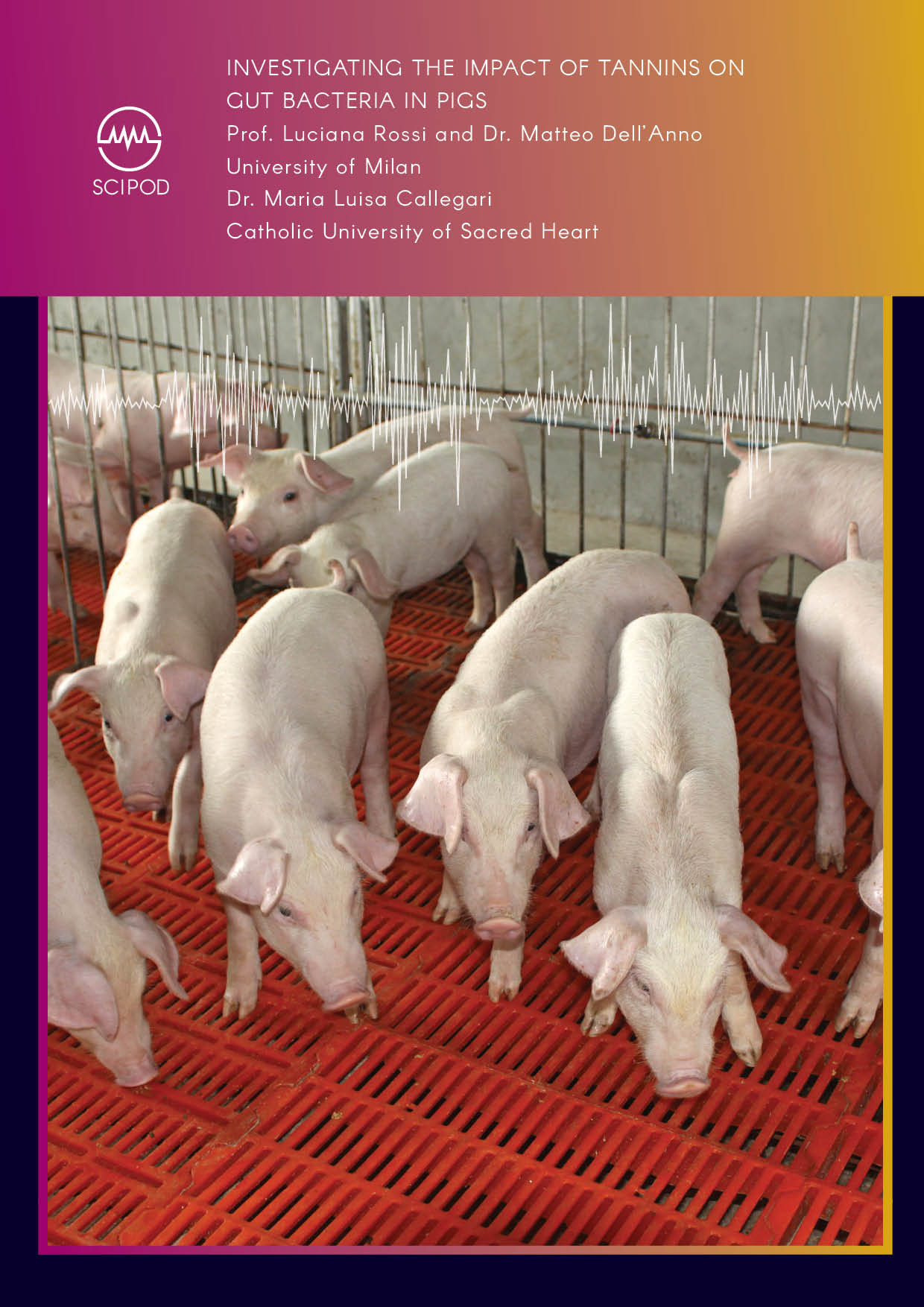
Investigating the Impact of Tannins on Gut Bacteria in Pigs
Weaning is an important time in the pig lifecycle, and changes in diet and environment can lead to unbalanced gut microbiota and pathogen colonisation. Prof. Luciana Rossi, Dr. Matteo Dell’Anno from the University of Milan, and Dr. Maria Luisa Callegari from Catholic University of Sacred Heart, have been investigating the impact on gut bacteria of adding natural compounds known as tannins to piglet food. Importantly, they found that tannins do affect the gut bacteria; with increases seen in bacteria associated with improved growth and gut health, and in particular, those that produce butyrate – a substance with proven health benefits.
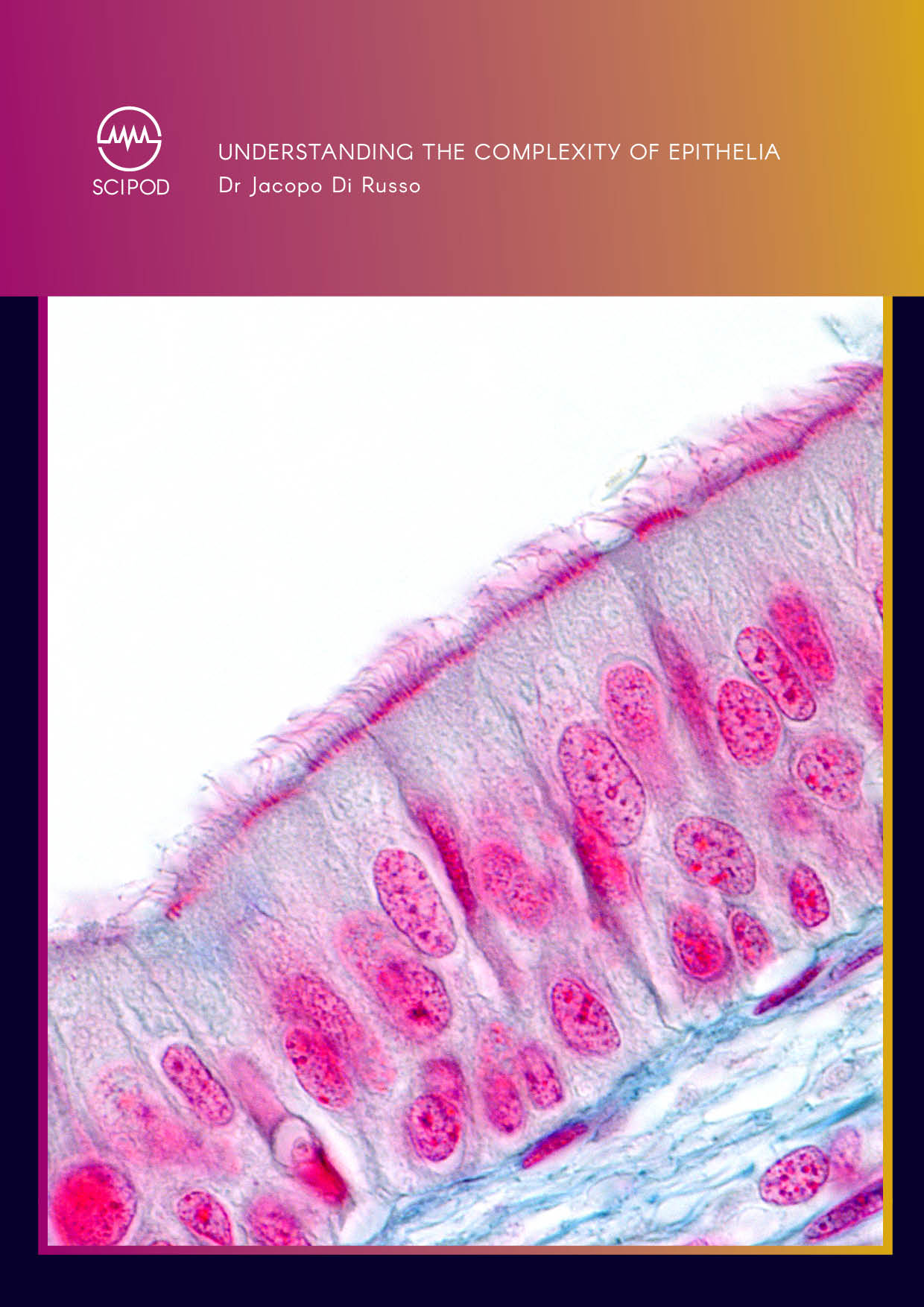
Dr Jacopo Di Russo – Understanding the Complexity of Epithelia
Epithelial tissue is a protective layer of cells bound together into thin sheets that coat the internal and external surfaces of major body organs. The largest is the epidermis – the outer layer of the skin. This sheet-like structure is integral to its function and is maintained by a complex scaffolding network called the extracellular matrix (ECM). Dr Jacopo Di Russo and his colleagues at the Interdisciplinary Centre for Clinical Research of the University Hospital of Aachen, Germany, have recently discussed the diverse nature of the ECM and its hugely unmet potential within bioengineering.
Increase The Impact Of Your Research!
Explore partnership opportunities
Unwind without the hassle. Enjoy fresh audiobooks, delivered free!
